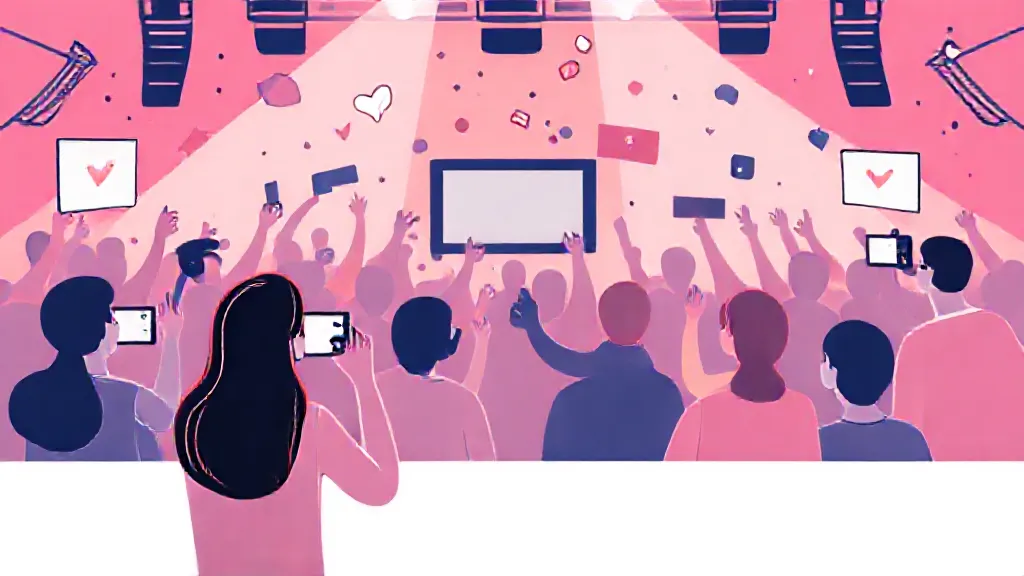In the digital age, social media has transformed the landscape of entertainment, influencing everything from content creation to audience engagement. Platforms such as Instagram, Twitter, TikTok, and Facebook have become essential tools for artists, producers, and marketers aiming to reach and interact with their audiences. Understanding where social media influences entertainment the most requires a comprehensive analysis of various facets, including promotion, audience feedback, and content virality.
The Rise of Influencer Culture in Entertainment
One of the most significant impacts of social media on entertainment is the rise of influencer culture. Influencers, often with large followings on platforms like Instagram and TikTok, have the power to sway public opinion and drive trends. For instance, a single post by a popular influencer can lead to a surge in interest for a movie or music release.
This phenomenon has led to a shift in how marketing strategies are developed, with brands increasingly collaborating with influencers to promote their products and projects.
Audience Engagement and Real-Time Feedback
Social media allows for real-time engagement between creators and audiences. This instant feedback loop provides entertainers with valuable insights into audience preferences and reactions.
For example, during live events or television broadcasts, platforms like Twitter serve as a space for viewers to share their thoughts, creating a communal viewing experience. This interaction not only enhances viewer engagement but also informs creators about what resonates with their audience, allowing for adjustments in future content.
The Power of Viral Content
The virality of content on social media is another critical area where its influence on entertainment is evident.
A video, meme, or song can explode in popularity overnight, often independent of traditional marketing efforts. For instance, the song "Old Town Road" by Lil Nas X gained immense popularity largely due to its viral spread on TikTok. This phenomenon illustrates how social media can democratize success in the entertainment industry, allowing lesser-known artists to achieve fame through organic engagement rather than conventional promotional avenues.
Changing the Dynamics of Talent Discovery
Social media has also revolutionized talent discovery, enabling new artists to showcase their work directly to potential fans and industry professionals. Platforms like SoundCloud and YouTube have become launchpads for musicians and filmmakers, allowing them to bypass traditional gatekeepers. A notable example is Justin Bieber, who was discovered on YouTube and went on to become a global superstar.
This shift has empowered creators, giving them more control over their careers and the ability to cultivate dedicated fan bases.
Impact on Traditional Media and Broadcasting
The influence of social media extends to traditional media and broadcasting, where networks and studios are adapting to the changing landscape. Many television shows and movies now integrate social media campaigns into their marketing strategies, utilizing hashtags and interactive content to engage viewers.
Additionally, live broadcasts often incorporate social media feeds, allowing audiences to see real-time reactions and comments, thereby enhancing the viewing experience and fostering a sense of community.
Social Media as a Platform for Social Change
Moreover, social media has become a powerful platform for social change within the entertainment industry. Movements such as #MeToo and Black Lives Matter have gained traction through social media, prompting discussions around representation, diversity, and accountability in entertainment.
This influence not only shapes the narratives presented in films and shows but also affects casting decisions and the types of stories that are told, pushing for a more inclusive industry.
The Future of Entertainment in a Social Media-Driven World
Looking ahead, the influence of social media on entertainment is likely to grow even more pronounced. As technology continues to evolve, new platforms and forms of content will emerge, further blurring the lines between creators and consumers.
The rise of virtual reality (VR) and augmented reality (AR) experiences, combined with social media, could redefine how audiences interact with entertainment, creating immersive environments where engagement is taken to new heights.
Conclusion: Navigating the New Entertainment Landscape
In conclusion, social media's influence on entertainment is multifaceted, affecting everything from marketing and audience engagement to talent discovery and social change. As the industry continues to adapt to these changes, it is essential for creators, marketers, and audiences alike to navigate this new landscape thoughtfully.
Embracing the opportunities and challenges presented by social media will be crucial for anyone looking to succeed in the ever-evolving world of entertainment.
